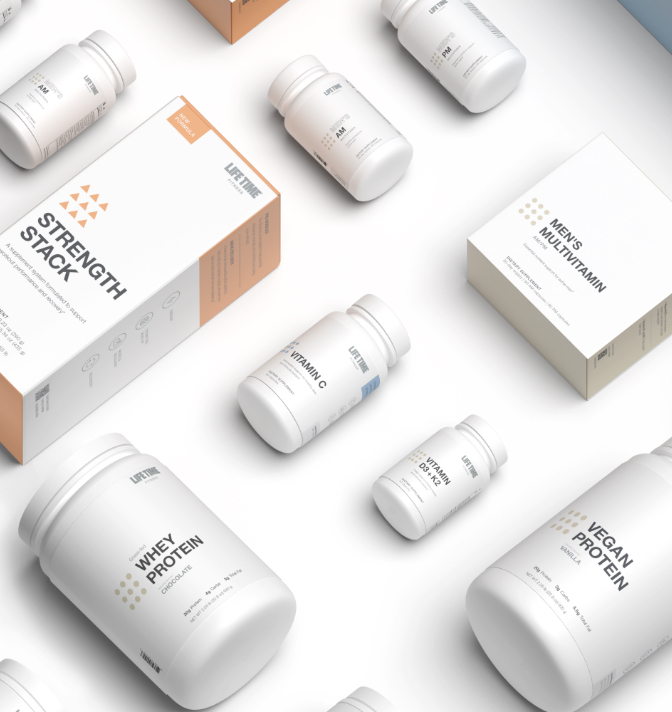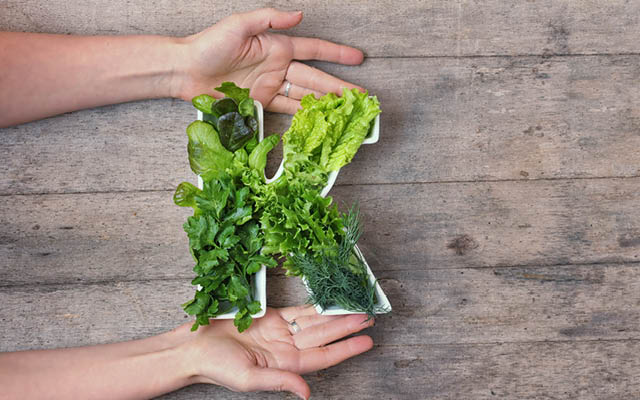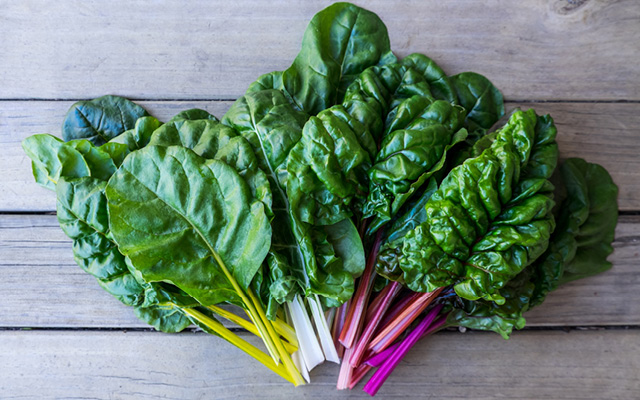Increasing our intake of vitamin K may hold a key to heart health.
The vitamin comes in two forms: K1 is plentiful in leafy greens; K2 is found in fermented foods, like cheese. U.S. dietary guidelines recommend a combined 120 micrograms (mcg) of K1 and K2 per day for men and 90 mcg for women. But recent research from Edith Cowan University suggests that ramping up our K intake beyond those guidelines may reduce our risk of developing atherosclerosis.
Analyzing average daily vitamin K consumption among more than 50,000 participants in the Danish Diet, Cancer, and Health study over a range of 17 to 22 years, Nicola Bondonno, PhD, and her team observed that those with the highest intake of K1 were 21 percent less likely than participants eating lesser amounts to be hospitalized because of atherosclerosis-related heart disease.
People with higher intakes of K2 were 14 percent less likely than participants eating lesser amounts to be hospitalized with the condition.
“Current dietary guidelines for the consumption of vitamin K are generally only based on the amount of vitamin K a person should consume to ensure that their blood can coagulate,” explains Bondonno. “However, there is growing evidence that intakes of vitamin K above the current guidelines can afford further protection against the development of other diseases, such as atherosclerosis.”
This article originally appeared as “The Case for More K” in the July/August 2022 issue of Experience Life.






This Post Has 0 Comments